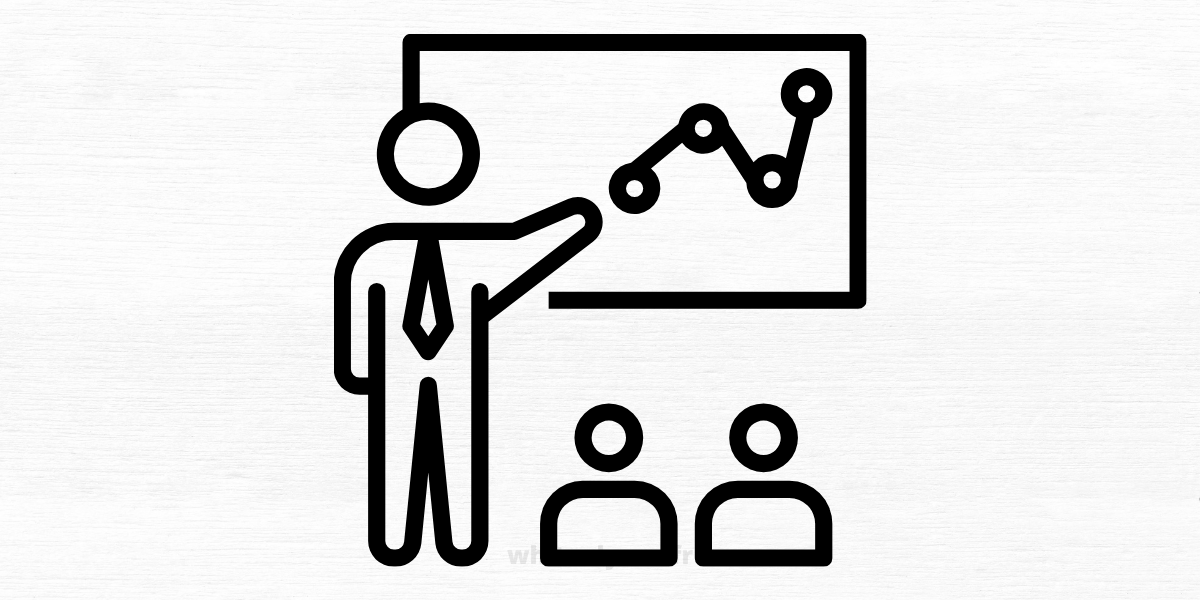
Many employers conduct surveys of their workforce to help identify issues or concerns and opportunities for improvement. These are often called employee engagement or employee opinion surveys. The surveys typically seek employee answers to a variety of questions and often provide an opportunity for employees to provide general comments. Depending on the nature of the workplace and the makeup of the workforce, surveys are completed with good old-fashioned pencil and paper or online.
Surveys are initially conducted to establish a baseline for future comparison and once every year or two thereafter to monitor progress. Employers often spend a great deal of money and time conducting these surveys. They represent a significant investment in creating positive employee relations.
What do we learn?
One of the most common and recurring themes reported by employees in these surveys is that they do not feel they receive regular or appropriate recognition for their day-to-day efforts and accomplishments. Employees indicate they usually receive immediate, clear, and direct feedback when there is a problem or when something goes wrong in the workplace. The same employees are often hard-pressed to provide an example of a recent situation in which they received a word of thanks or recognition from their supervisor even when they have put forth the extra effort.
So, why is this case? Is it that employees forget all the positive recognition they receive? Is it that employees only remember recognition when it comes in the form of gifts or monetary rewards?
The truth is that supervisors and managers are often very good at giving negative feedback but not so good at giving positive recognition. There are a few reasons why I believe this is the case:
– Organizations train supervisors to administer corrective actions.
– Organizations typically do not train supervisors how to provide positive feedback and recognition.
– People often find it easy to point out faults or flaws but more difficult to point out the merits or positives.
– We are often conditioned to find what is wrong with something but are seldom asked to point out all that is right with a situation.
– Organizations have systems in place to monitor and track corrective actions, but few if any, have systems in place to recognize and reward positive behavior.
Better supervisors and managers provide employees with regular positive feedback and recognition when they observe positive behavior or performance. They tend to do this immediately and on the spot if it is safe to do so.
Tips for Supervisors and Managers
A little recognition can go a long way!
– Actively look for the “positive” or “good” things employees are doing in your workplace.
– Be as diligent at spotting good performance and behavior as you are at spotting poor or problematic performance or behavior.
– Seek out examples of good performance.
– Be sure to give recognition where it is due.
When Giving Recognition
– Don’t wait for the “right moment.” You will probably get too busy later and you may forget.
– Make time to give recognition without interruptions.
– Be sincere and genuine.
– Make eye contact.
– Tell the employee the specific behavior or performance you are acknowledging. It can be as simple as, “I observed that you were following the new safety procedure.”
– Tell the employee how their behavior positively contributes to the success of the team or unit.
– Let the employee know how their behavior benefits the customer and the organization.
– Thank the employee and encourage them to continue the positive behavior they have demonstrated.
These expensive surveys remind us that sometimes, the best things in our workplaces are free. A genuine “thank you”‘ costs nothing, but it goes a long way!





